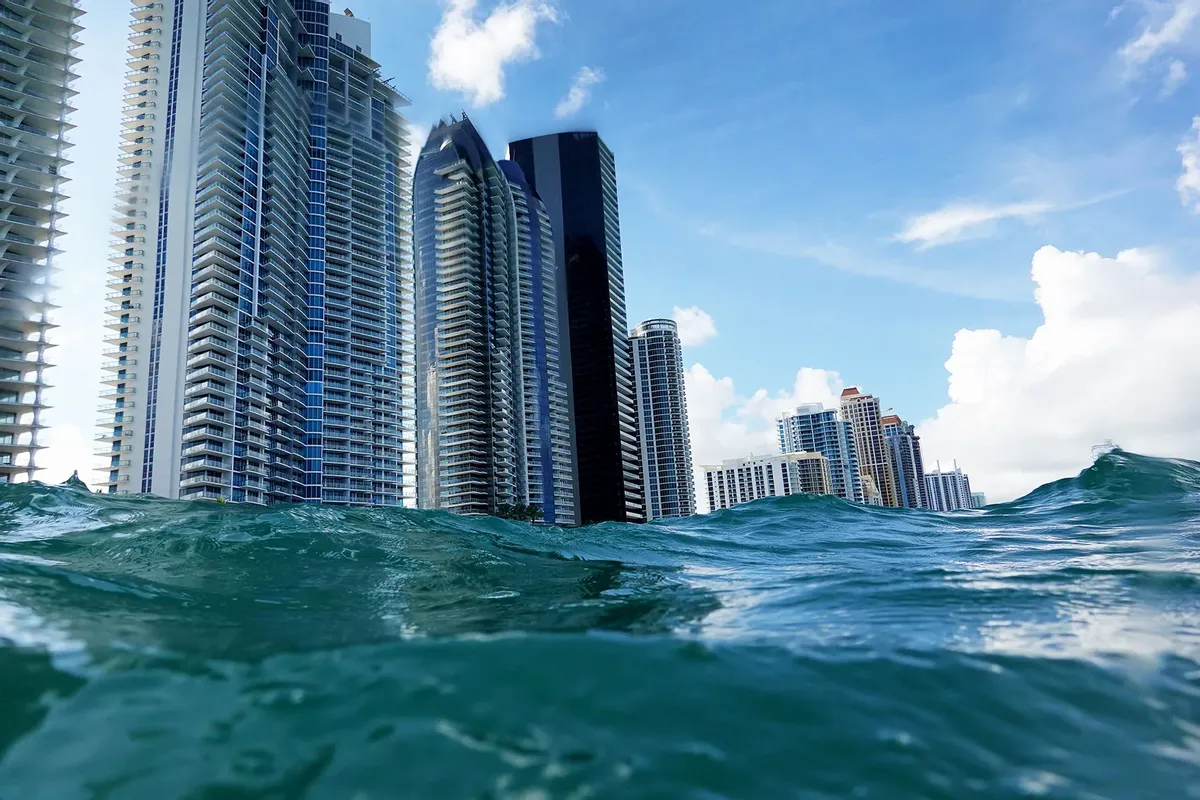
Scientists Warn Rising Seas Wiping Out US Species For First Time
A unique plant has become the first species in the United States to be wiped out in the wild due to rising sea levels, according to a scientific research paper.

A unique plant has become the first species in the United States to be wiped out in the wild due to rising sea levels, according to a scientific research paper.
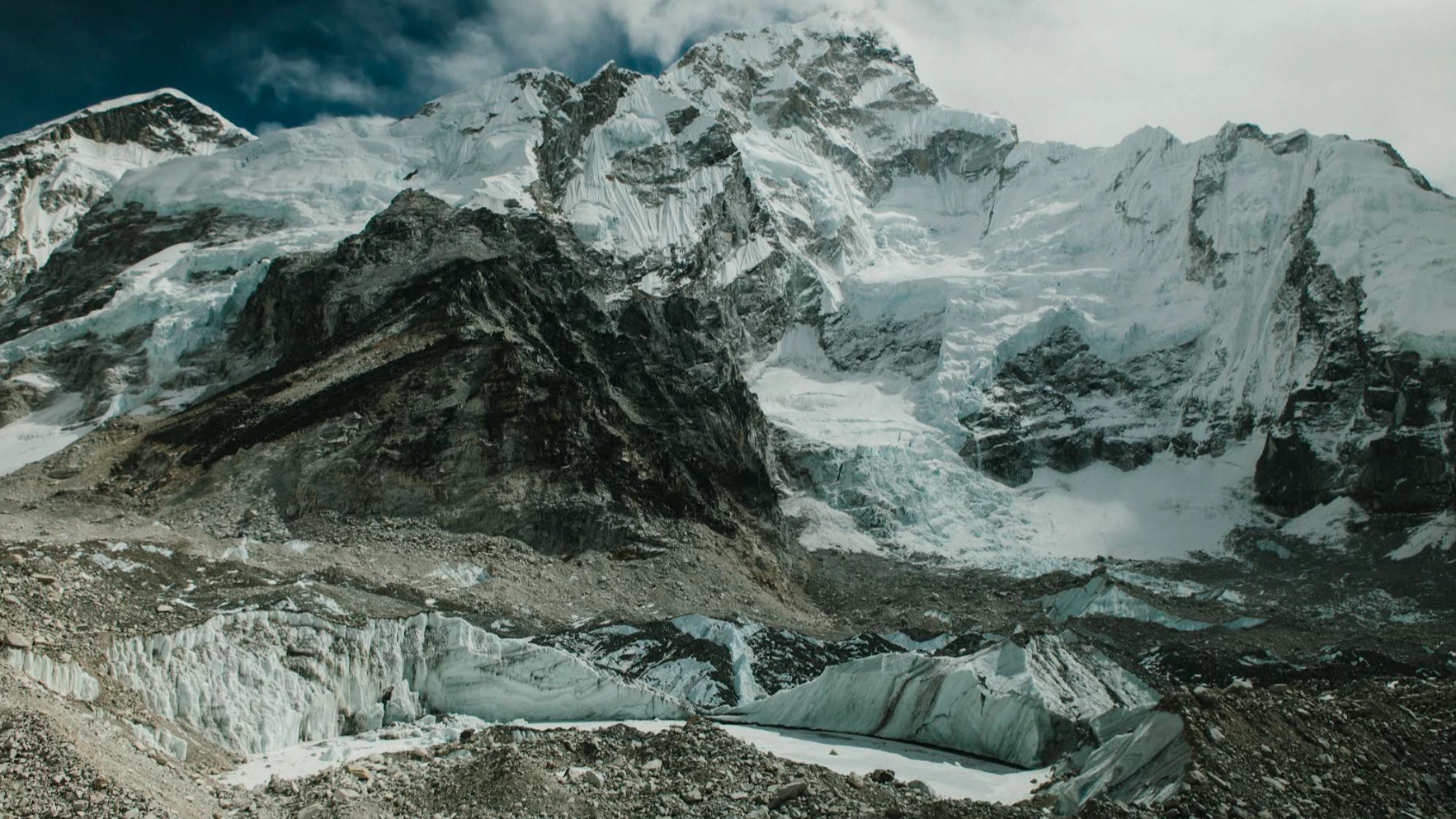
The increasing temperatures around the globe have been ringing the alarm for an extremely dangerous future for inhabitants of earth. According to a recent study comprising of international scientists, Glaciers in Asia’s Hindu Kush Himalaya are expected to lose 75% of its ice by the end of this century.
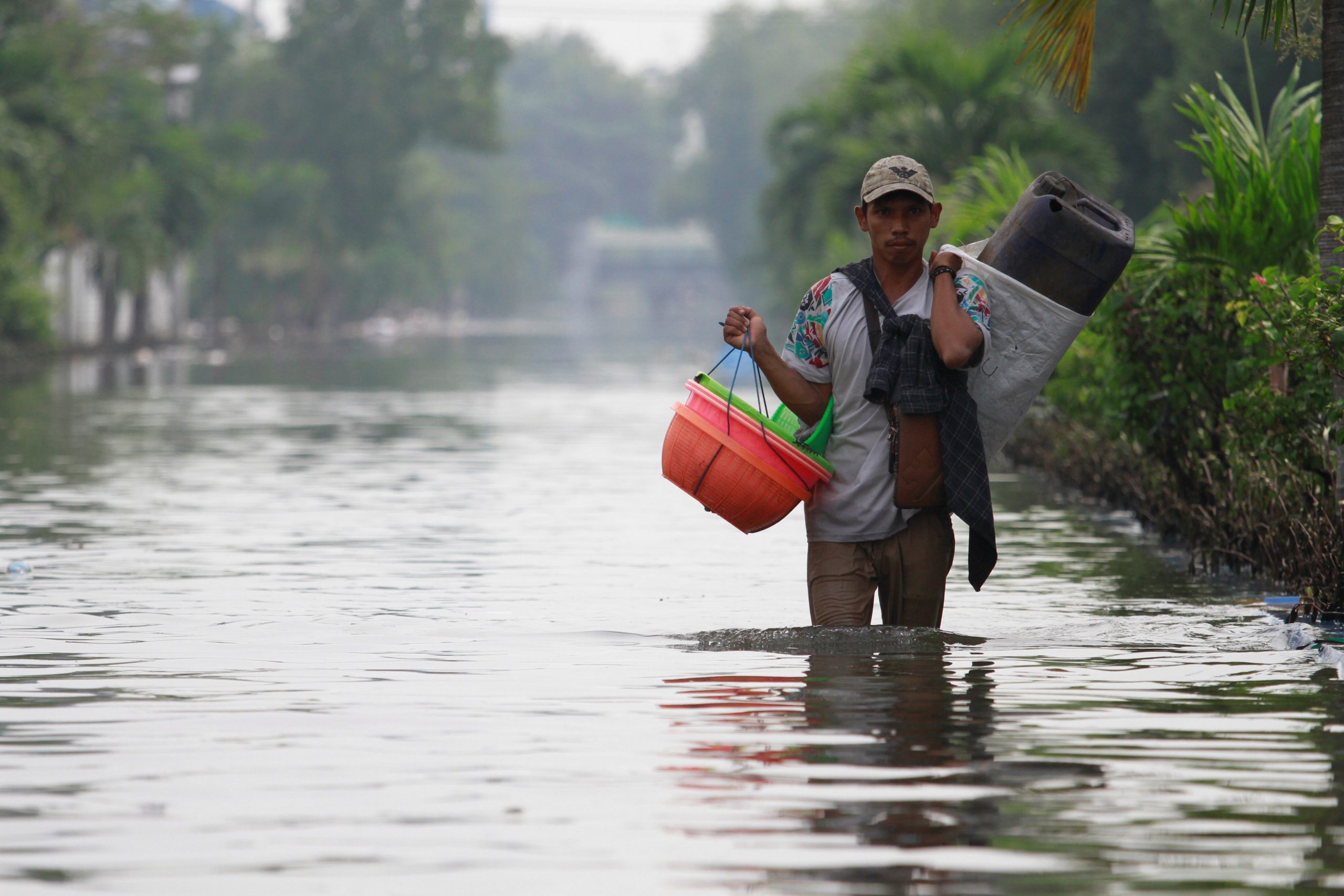
Scientists have been repeatedly asking the world leaders and the general public to do something about the rising sea level that directly threatens the lives of millions across the world. A scientist from NASA explained what’s causing the sea levels around the world that can easily destroy the entire human civilization at one point of time in the future.
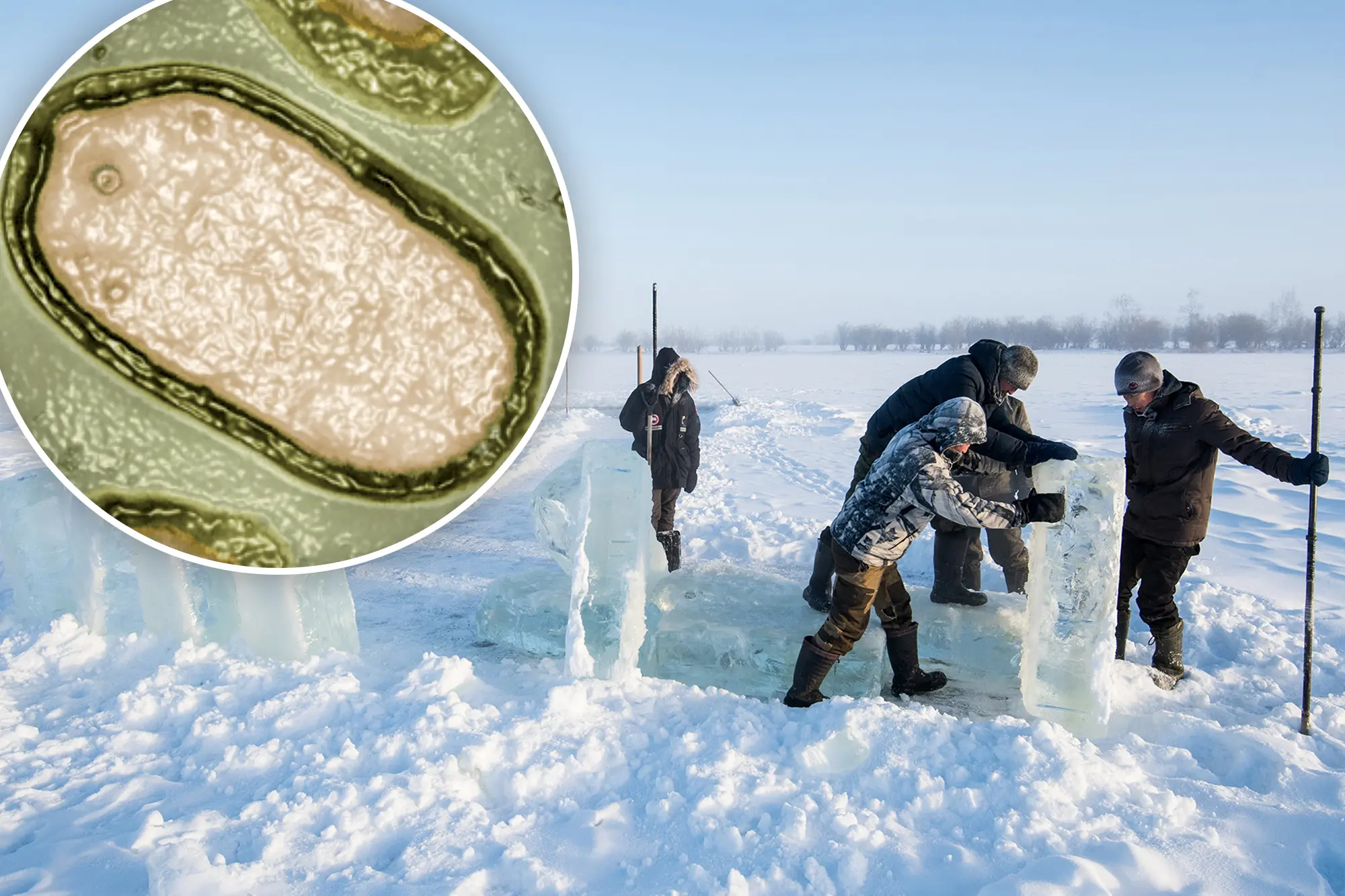
As the temperatures rise due to global warming, scientists warn of more “lethal” viruses in the future. Melting glaciers are constantly threatening the release of ancient frozen viruses and carbon stored in the frozen grounds of permafrost. Professor Jean-Michel Claverie has found some “zombie viruses” while studying Siberian permafrost.
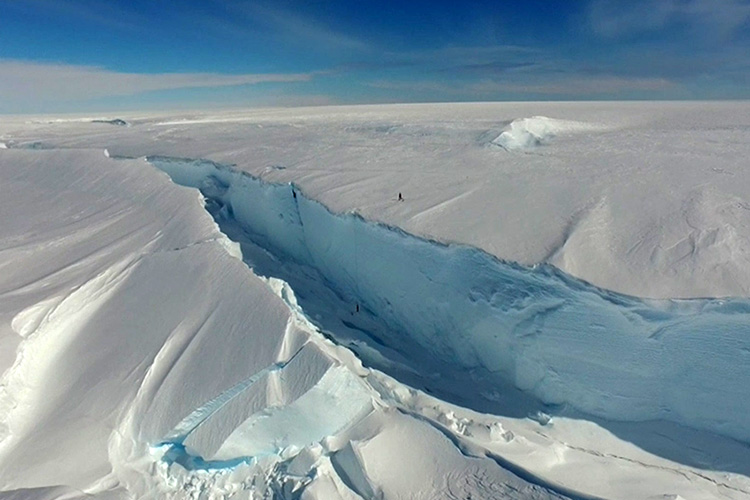
An iceberg broke off from Antarctica last Sunday, researchers said. A massive iceberg, nearly the size of Greater London, separated from the Brunt Ice Shelf in Antarctica. Researchers first noticed significant fractures in the ice shelf a decade ago, but in recent years, there have been two significant separations.
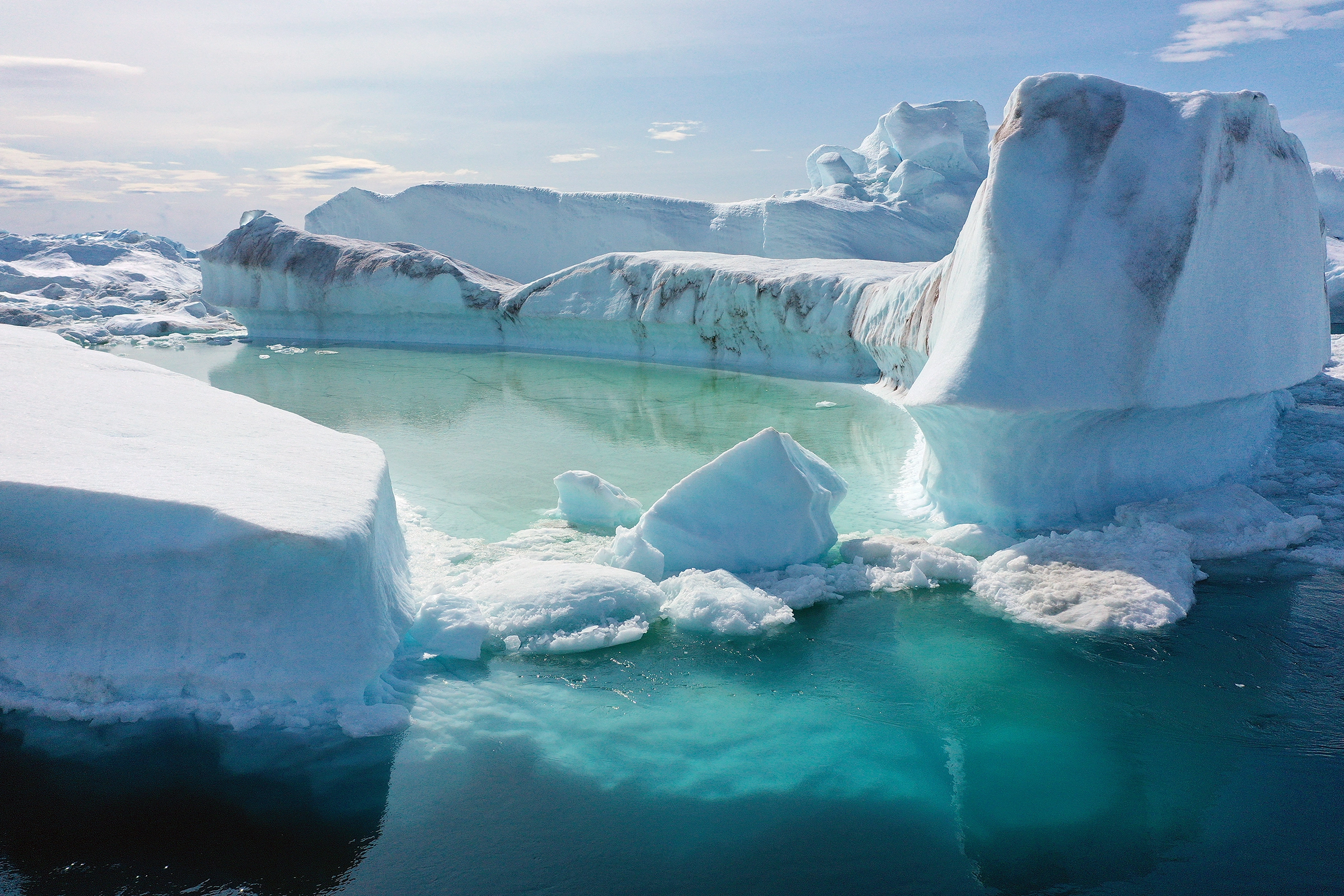
Our planet’s temperature is increasing at an alarming rate. Forests are shrinking, floods are getting frequent, animals are getting extinct, and the glaciers are vanishing day by day. A latest report has revealed shocking figures as it claims that 83% or two-third of the world’s glaciers are projected to disappear from the surface by the end of this century.
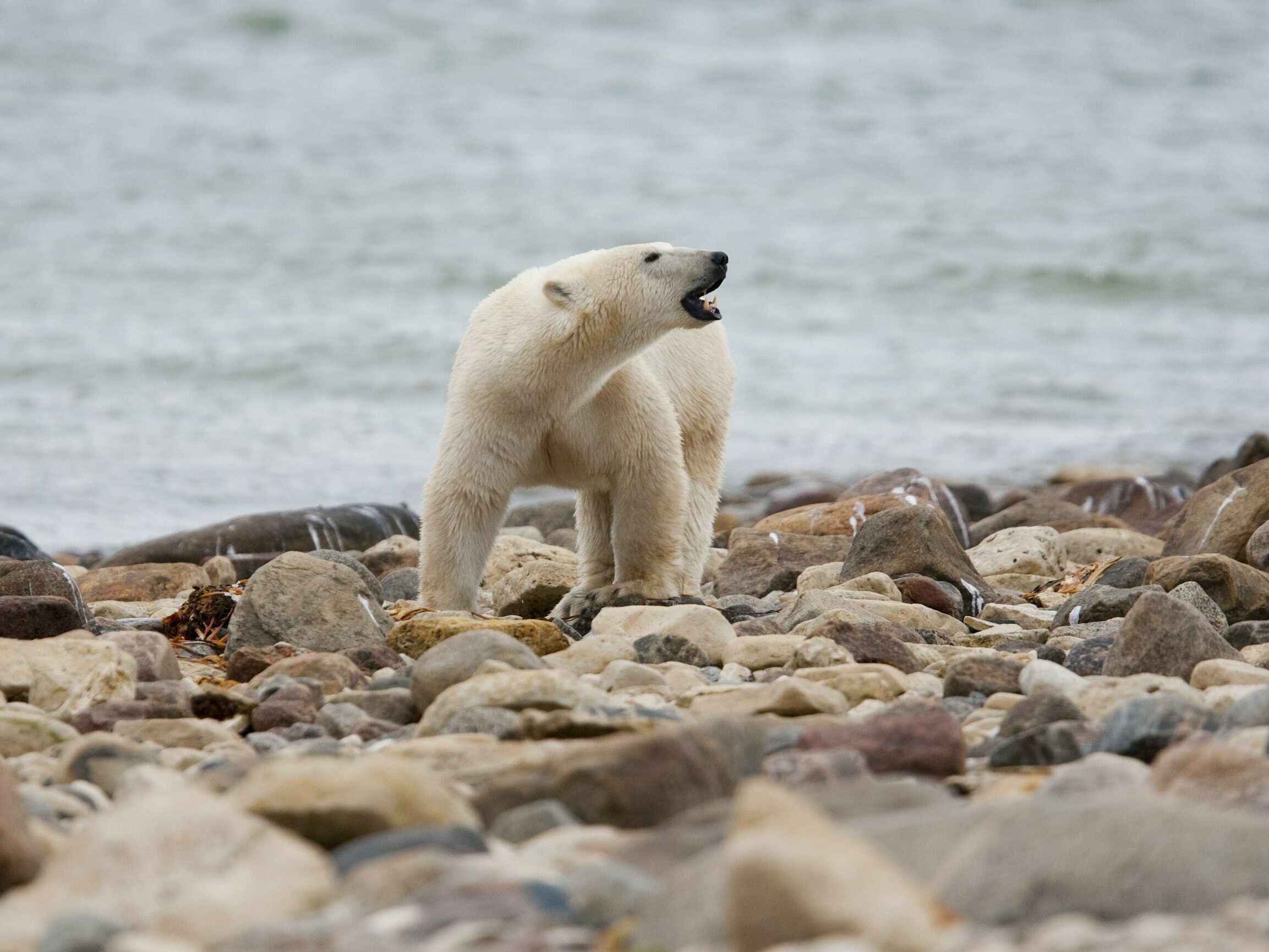
Polar bears are declining as ice melts much quickly in ice-covered regions of the world. Species upon which our survival depends are losing their homes due to climate change. A recent report has revealed that the population of polar bears in Canada’s western Hudson Bay is declining at a much faster rate in the last few years.
